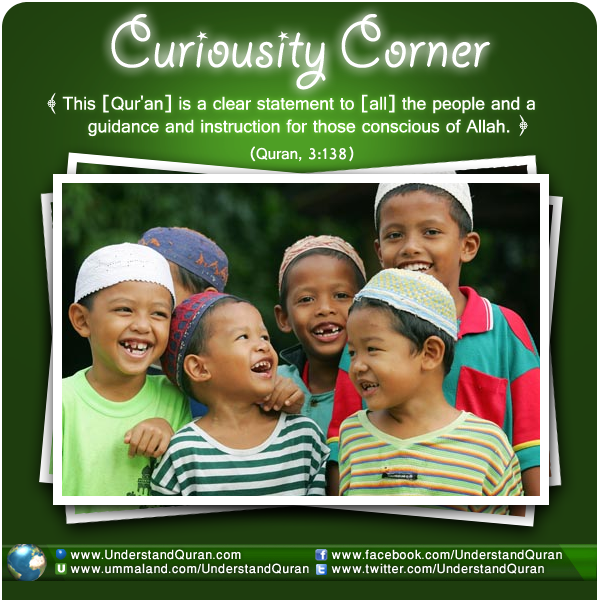It’s a no-brainer, right? Here at Understand Quran Academy we’ve jumped through hoops to make sure you’re aware of the many instances in the Quran— revealed over 1400 years ago— that have recently been confirmed by scientists. We’ve taught you what the Quran says about breastfeeding, about the two colliding seas (fresh and salty), about the orbitting of the planets, about depression and despair, and the human skeleton, to name a few.
The consensus is that the Quran is, in addition to being many other things, a book of science.
A Scientific Text?
Not so fast. The Quran, like the Torah and the gospels brefore it, was revealed long before the Technological Age, the Age of Industry, the Capitalist Era, or whatever you wish to call the last three or four hundred years of history. According to linguists the era in which it was created straddles two modes of language: 1). ancient poetic language and 2). the language of reason, or rhetoric.
As such the Quran doesn’t recognise the language of science that emerged after Copernicus, the language that describes natural things as closely as possible in their material forms. This kind of language existed to a small degree and can be found in philosophical treatises dating from a millenium before the life of Mohamed (saws), but scientific language didn’t dominate thought and writing the way it does today.
Put simply, the Quran does describe things in their material forms, but it’s not a scientific text.
What is it, then?
More specifically, what kind of truth is it?
People have argued that because it belongs to a more ‘’primitive’’ mindset the Quran is a lesser kind of truth, but even nonMuslim scholars agree that the ancient metaphorical and the rhetorical modes of language were intellectually superior to the modern scientific mode in that they required the use of parts of the brain— the imagination, logic, abstract reasoning, and intuition, for example— which the scientific language mode all but rejected in favour of the accumulation and interpretation of empirical facts.
So why wasn’t the Quran revealed during the scientific age so that we could make a claim for its truthfulness based on its empirical accuracy?
A Universal, Eternal Mode of Language
Within the realms of poetic and rhetorical language modes, the Quran is more specifically in the kerygma mode, which means preaching or exhortation. You can think of this umbrella as being compatible with all modes of thought and language that have ever existed— or which may come to exist.
Why? Because the mode of language in which the Quran is written is more universal, employing the whole human being to understand it, not just the scientific part. And because it has come to us from a place outside time and space.
Many of the ‘’scientific’’ portions of the Quran, in which the Quran teaches us somethng about nature, were proven true by science only recently. What other truths stated in the Quran will be soon backed up by science, or even possibly by future modes of language ?
We can’t say. But we can keep on reading it, reflecting on it, and asking Allah (swt) to open our eyes to its truth.
Praying you’ll benefit,
The Quran Academy Team


